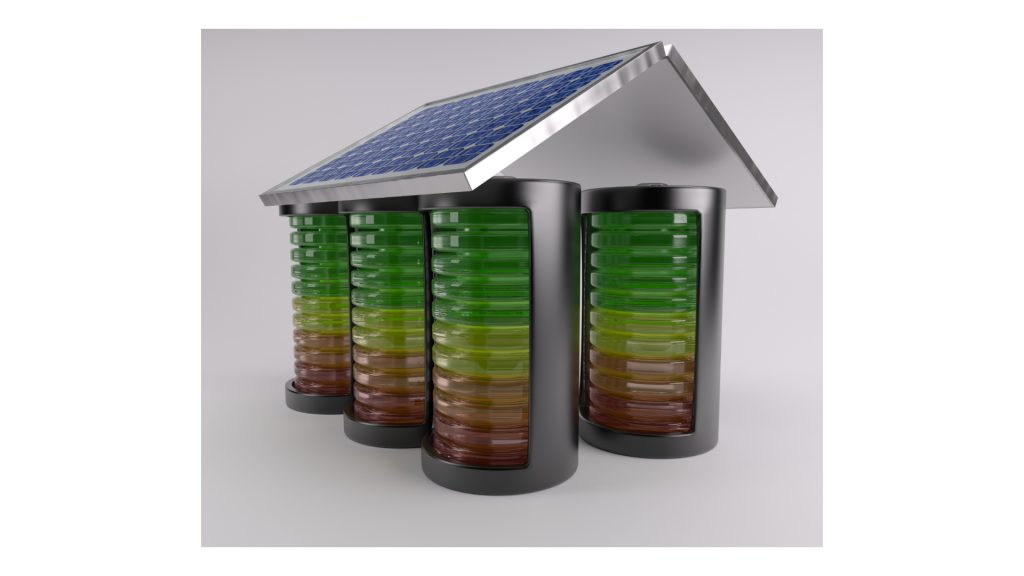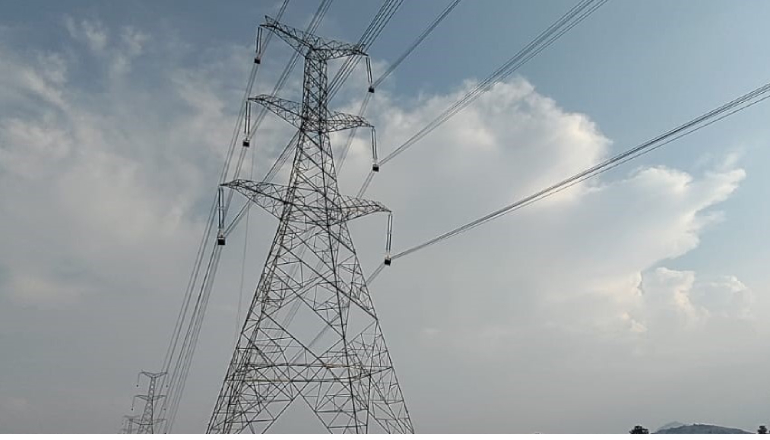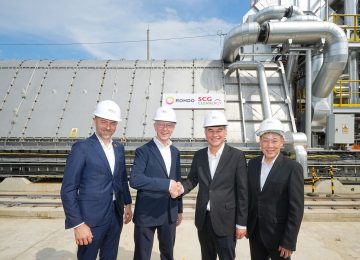58 countries have signed the COP29 Global Energy Storage and Grids Pledge, which is a global commitment to develop resilient, decarbonized global energy systems.
The commitment was made by national governments, international organizations, financial institutions, philanthropies, private sector entities, and civil society organizations. It acknowledges the need for deep, rapid, and sustained reductions in global greenhouse gas emissions to meet the Paris Agreement goal of holding the global average temperature below 2°C above pre-industrial levels. The pledge also emphasizes the importance of robust energy storage and grid infrastructure, stability, integration, and resilience of energy grids.
Key highlights:
The pledge acknowledges the need to efficiently manage growing energy demand and integrate rapidly increasing shares of variable renewable and zero- and low-emission energy generation through cost-effective power grid infrastructure and overall grid resilience, efficiency, and flexibility enhancements.
Battery costs have come down more than 90% over the last 15 years, and grid development and interconnections will be essential to integrate increased and distributed renewable energy generation.
The pledge highlights the need for a robust, flexible, modern grid infrastructure to integrate clean energy sources, ensure reliable and resilient power generation, ensure optimal system integration, and improve energy security by managing fluctuations in supply and demand.
It acknowledges the gap between current global energy storage capacity forecasts and the need for a more ambitious scale-up to meet the 1,500 GW target.
The pledge emphasizes the importance of leveraging existing international efforts and organizations to advance coordinated international action and review progress in line with the Pledge.
It commits to deploying 1,500 GW of energy storage globally by 2030, more than six times the level of 2022, and promotes technology development and deployment to increase storage efficiency and reduce costs.
The Pledge:
The COP29 Global Energy Storage and Grids Pledge aims to achieve the Paris Agreement’s goal of holding global average temperature below 2°C above pre-industrial levels by 2030. It acknowledges the need for deep, rapid, and sustained reductions in global greenhouse gas emissions.
The pledge acknowledges the potential of batteries and other energy storage technologies to support grid reliability, smooth renewable variability, alleviate grid congestion, and enhance renewables’ potential for reliable, flexible, and highly integrated energy systems. It also highlights the need for a robust, flexible, and modern grid infrastructure to integrate clean energy sources, ensure reliable power generation, and improve energy security.
Forecast:
- The global energy storage capacity forecasts suggest an increase to 650 GW by the end of this decade, but a more ambitious scale-up is needed to meet the 1,500 GW target.
- Interventions to the electricity grid, including infrastructure expansion, advanced grid technologies, and improved project permitting and planning, are critical for countries to deliver needed power while tripling renewable energy.
- Promoting the full and equitable participation of women, local communities, Indigenous Peoples, and youth in sustainable development and deployment of energy storage solutions and grids is essential for climate action. The private sector and financial institutions should also be engaged to accelerate the development and deployment of energy storage technologies.
Our take:
The 58 signatory countries of the Cop 28 summit have pledged to increase electricity storage capacity to 1500 GW by 2030 and refurbish 25 million km of grid infrastructure.











